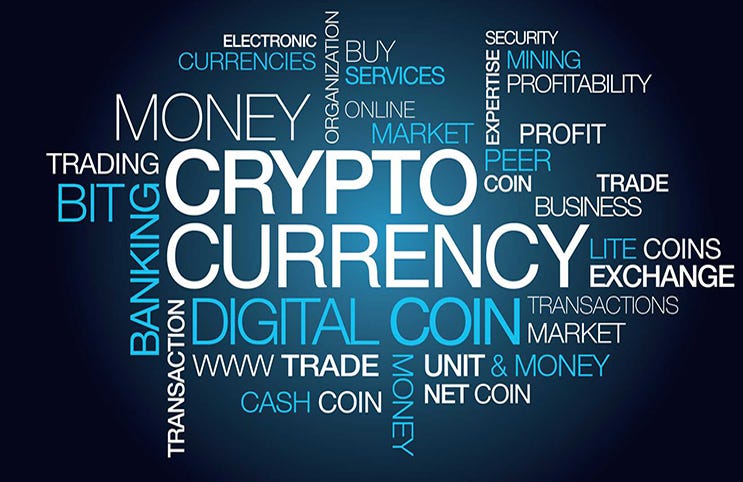The federal government (another intermediary) thought we would bail them out as opposed to risk ruining the final pieces of confidence by making them collapse.

Blockchains operate differently in one single crucial respect: they’re entirely decentralised. There is no central removing house such as for instance a bank, and there’s number key ledger presented by one entity. As an alternative, the ledger is distributed across a substantial network of pcs, called nodes, each that supports a duplicate of the whole ledger on their respective hard drives. These nodes are related to one another with a piece of software named a peer-to-peer (P2P) client, which synchronises data across the network of nodes and makes sure everybody has exactly the same edition of the ledger at any provided level in time.
Whenever a new purchase is entered in to a blockchain fintech, it’s first encrypted using state-of-the-art cryptographic technology. When encrypted, the exchange is converted to anything named a stop, which is ostensibly the term useful for an protected band of new transactions. That block is then sent (or broadcast) into the network of computer nodes, wherever it is approved by the nodes and, once tested, passed on through the system so your block can be added to the conclusion of the ledger on everybody’s computer, underneath the record of all prior blocks. That is called the cycle, hence the tech is called a blockchain.
Once accepted and recorded in to the ledger, the exchange can be completed. This is how cryptocurrencies like Bitcoin work. What are the features of this system over a banking or central removing process? Why could Deprive use Bitcoin rather than usual currency? The answer is trust. As mentioned before, with the banking program it is crucial that Deprive trusts his bank to guard his income and manage it properly. To ensure that occurs, enormous regulatory methods occur to examine those things of the banks and ensure they’re match for purpose.
Governments then regulate the regulators, producing a sort of tiered system of checks whose only purpose is to help reduce problems and bad behaviour. In other words, organisations like the Economic Solutions Power exist exactly because banks can’t be respected on the own. And banks often make mistakes and misbehave, as we’ve observed way too many times. When you yourself have an individual source of power, energy appears to get abused or misused. The confidence connection between people and banks is uncomfortable and precarious: we don’t really trust them but we don’t feel there is significantly alternative.
Blockchain systems, on one other hand, do not need you to trust them at all. All transactions (or blocks) in a blockchain are confirmed by the nodes in the network before being put into the ledger, which means there is no place of failure and no approval channel. If a hacker desired to effectively tamper with the ledger on a blockchain, they will have to concurrently crack millions of pcs, that will be almost impossible. A hacker might also be pretty much unable to bring a blockchain system down, as, again, they will have to have the ability to power down each computer in a network of pcs distributed across the world.
